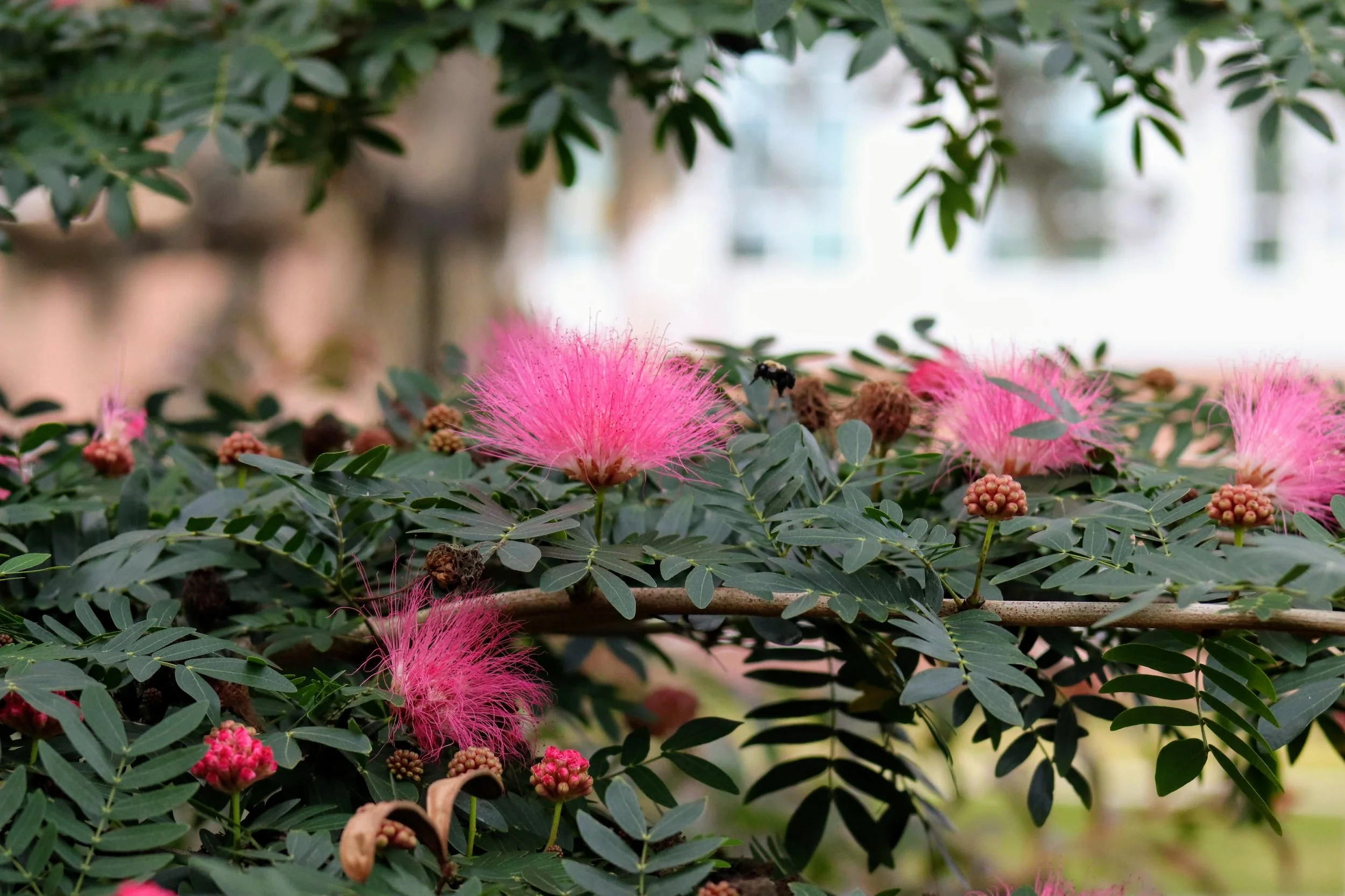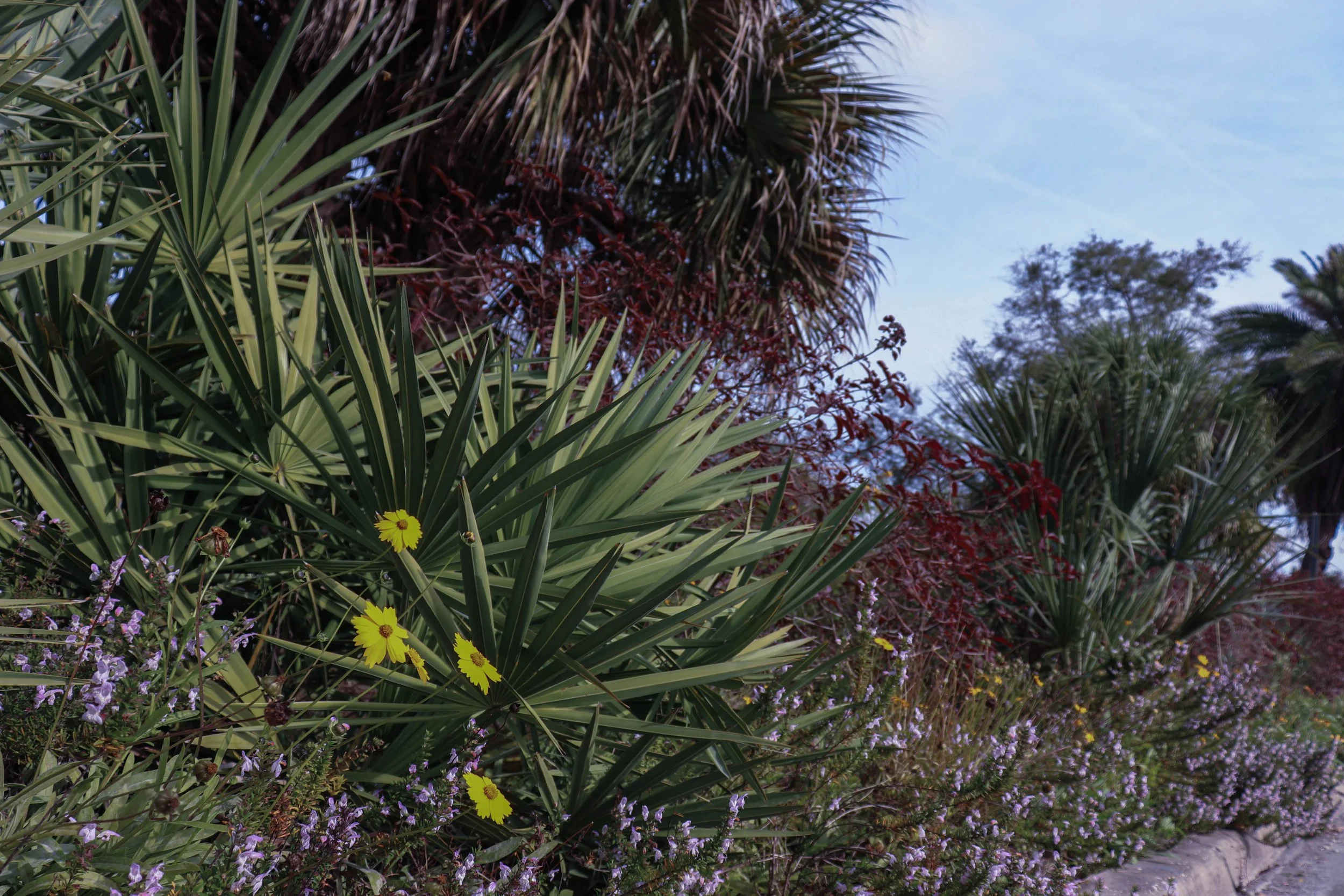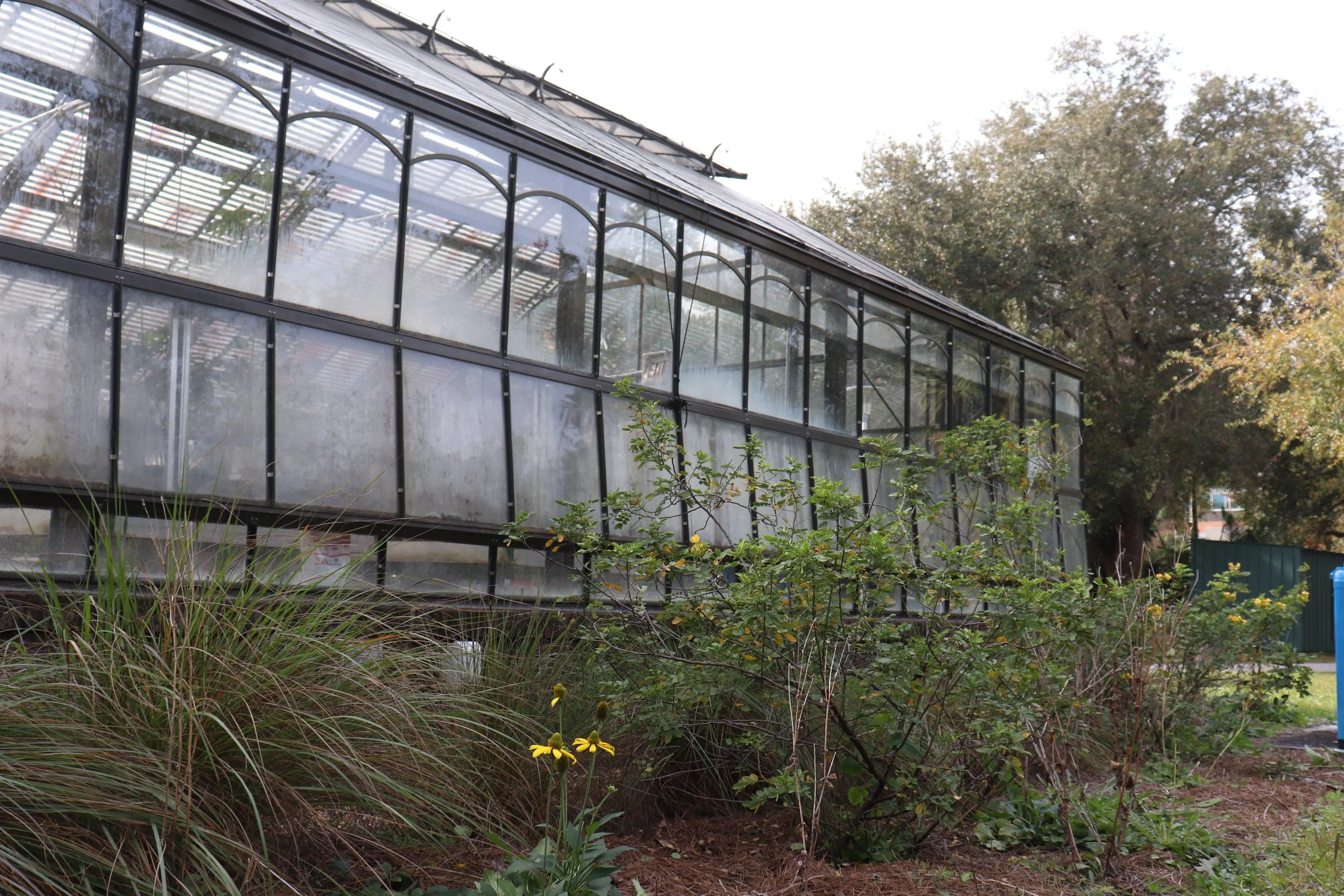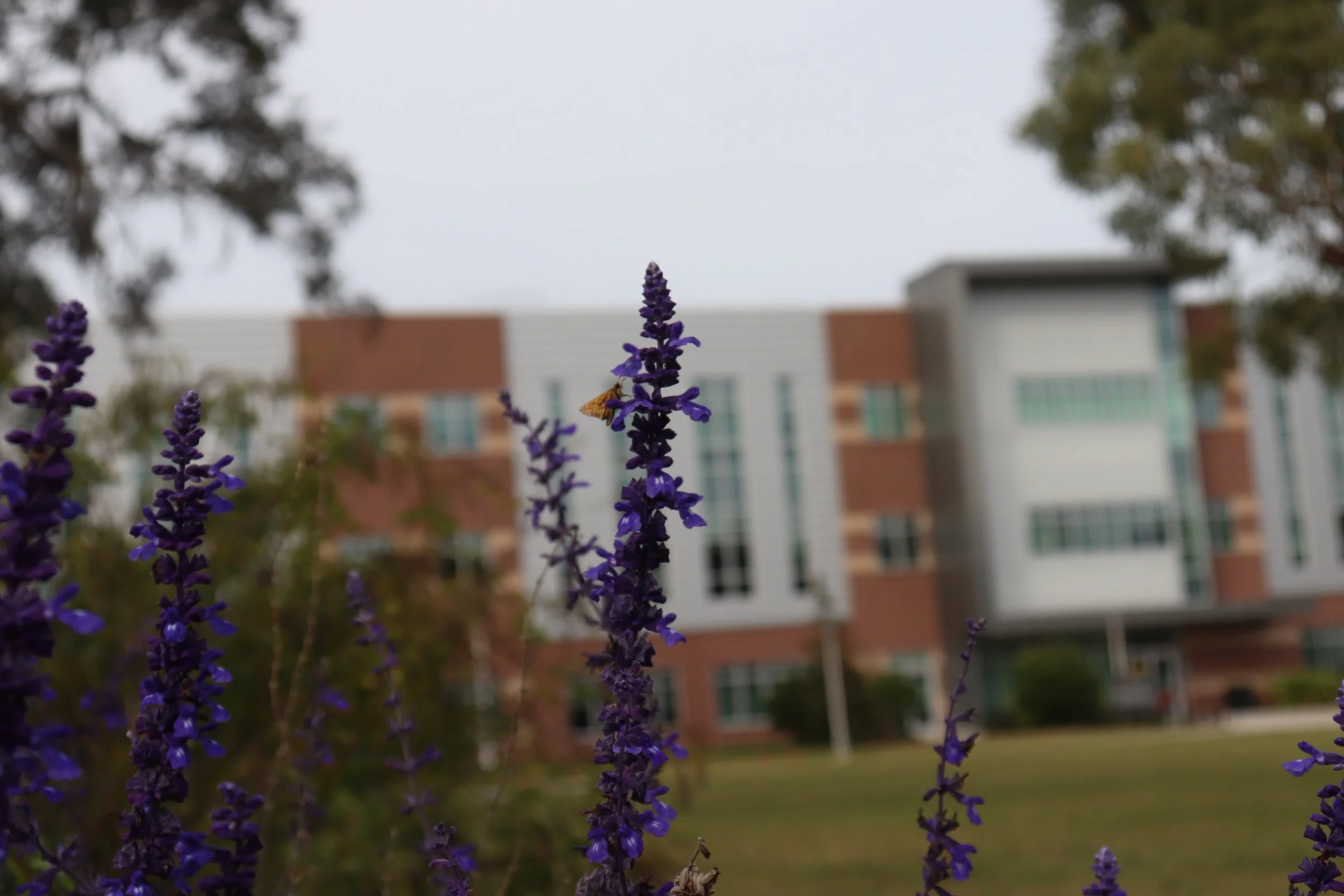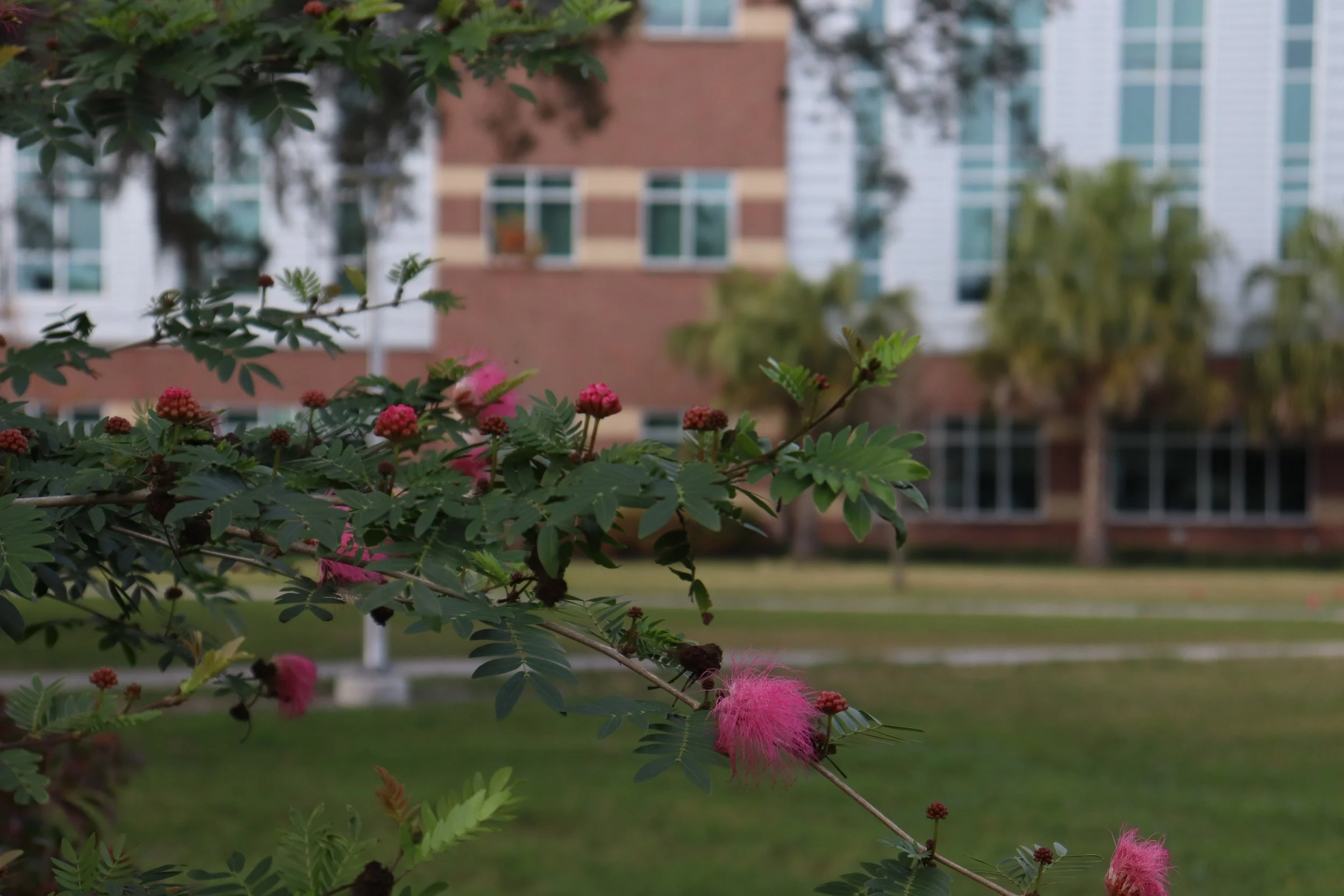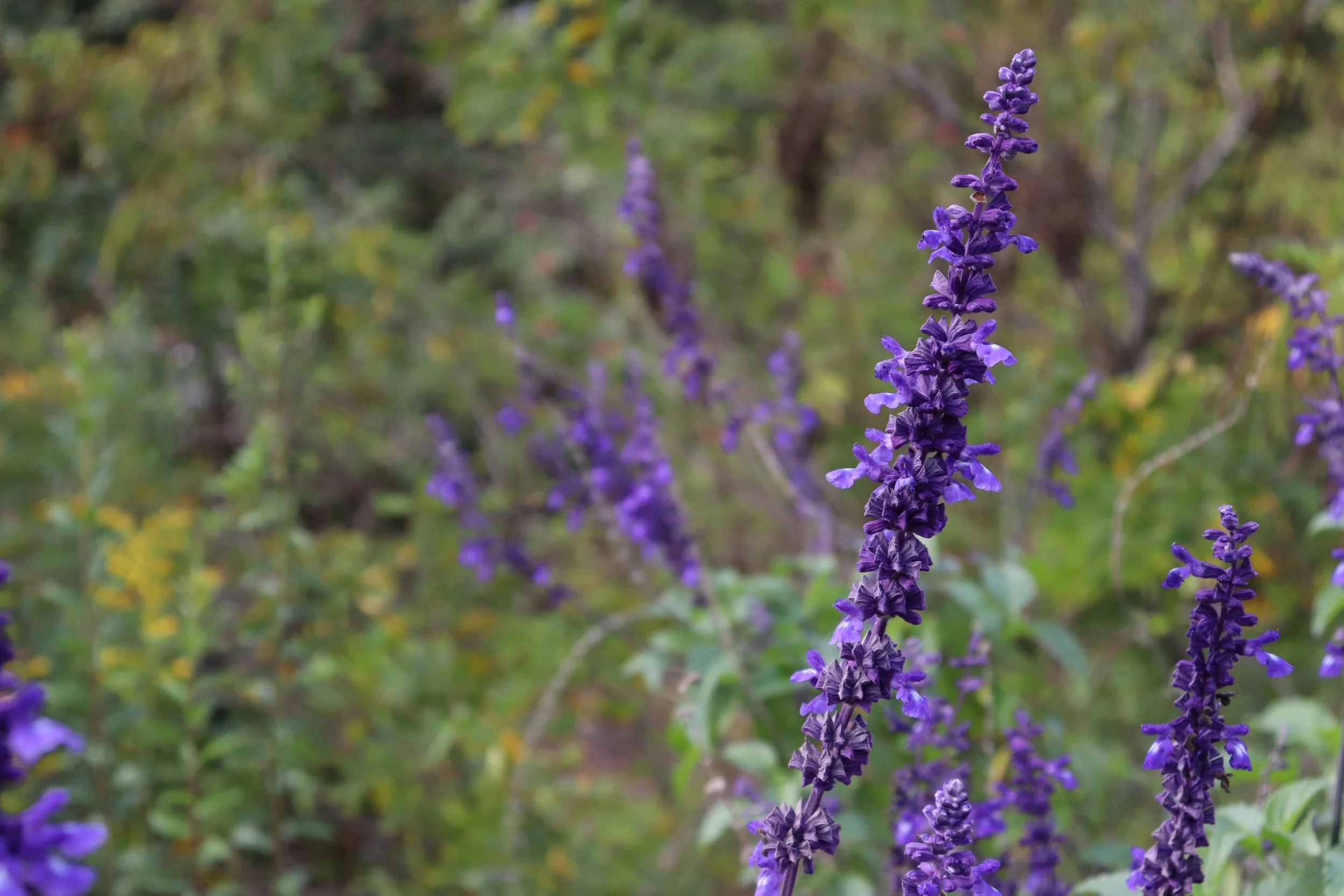
UCF Arboretum
As Media Liaison for the UCF Arboretum Pollinator Gardens team, I did photography and videography work, crafted posts for Instagram, planted and harvested fruits and vegetables, and hosted a few workshops on upcycling bottles as bird feeders.
Check it all out below!
Social Media
[Post 1, Bee Campus]
Bee Campus USA is a nationwide program that encourages campus community conservation of native pollinators.
The program rewards certifications to college campuses across the country that have committed to establishing native plant habitats, reducing pesticide use, and providing educational opportunities for students and the public.
UCF has proudly been certified Bee Campus USA since 2018, and is the only affiliate in the state of Florida (yes, you read that right!)
Want to get involved in contributing to UCF’s Bee Campus USA program? Volunteer at the Arboretum pollinator gardens through Knight Connect starting this week!
[Post 2, Native, Non-native vs. Invasive]
The Arboretum’s pollinator gardens strive to provide a majority of native nectar sources for pollinating insects, but we also cultivate a number of naturalized species that, while non-native, are not damaging to an ecosystem like invasive plants are.
A native plant is one that has existed in a region since before European settlement. While naturalized plants are non-native to an ecosystem, they generally do not need human interference for maintenance and are not harmful to native plants around them. This includes the lovely PowderPuff (pictured above), native to Bolivia.
Other plants are considered invasive, posing a risk to other plant communities. Invasive plants are non-native and spread quickly to the point of causing harm. They can be detrimental to the health of an ecosystem, and are important to keep an eye out for.
Do you know how to spot native, non-native, and invasive plants?
Photography



